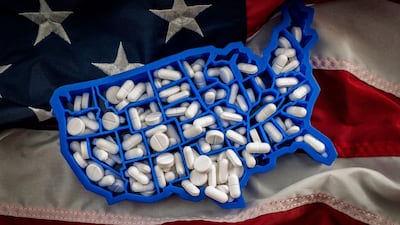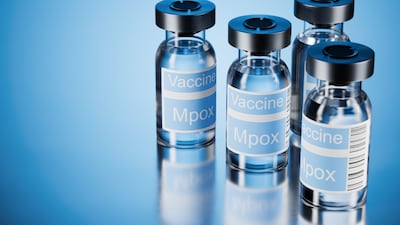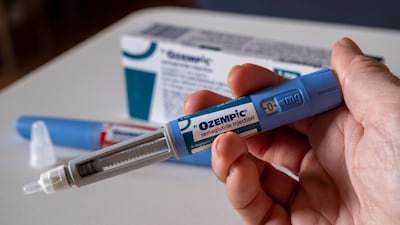Distribution/Supply Chain

With a looming deadline of 1 January 2025 for firms supplying Northern Ireland to comply with the Windsor Framework, UK generics and biosimilars association the BGMA has warned of potential supply interruptions due to requirements that include a “UK only” label for all packs as well as UK-based batch testing for biologicals.

As Sandoz publishes a report on US drug shortages, including a call for policy and other improvements, the firm’s North America head and AAM Chair Keren Haruvi discussed potential solutions to ongoing supply-chain failures.

The US FDA Commissioner pushed for rebalancing the US’s pharmaceutical supply chains while also stressing that US-China commerce has a role that would be risky to compromise.

A total of 748 key medicines are now affected by the four-month stock requirement, compared with 422 in 2021.

With BIOSECURE's legislative progress on pause until after the election, a Pink Sheet infographic looks back on the Capitol Hill progress to date and looks ahead to the potential impact if it is enacted, using Evaluate Pharma data to highlight the likely holes in pharma’s supply chain.

There are increased complexities associated with potential regulatory divergence between the UK and the EU when the Medicines and Healthcare products Regulatory Agency takes over responsibility for UK-wide new drug approvals from January 2025, writes the ABPI's Rick Greville.

With the BIOSECURE Act halfway to congressional approval, stakeholders are pushing for a financial boost to ensure the US gains the business Chinese companies will lose, but that may be a big lift.

The Democratic Republic of Congo, the country worst hit by the mpox crisis, has now received the first batch of vaccines for the disease. Meanwhile, the World Health Organization is expected to complete its review for emergency use listing of mpox vaccines soon.

The World Health Organization says its new 98-page guidance dealing with wastewater and solid waste management for antibiotic manufacturing is a first of its kind and addresses an important but neglected issue.

AI has the potential to save vast amounts of time and money by optimizing pharma supply chain processes, but companies must think about legal risk and liability from all angles, Ewan Townsend, partner at law firm Arnold & Porter, tells the Pink Sheet.

The UK will require all antibiotic manufacturers looking to apply for funding under its subscription payment model to demonstrate they are meeting waste discharge standards in a bid to reduce antimicrobial resistance.

It is “absolutely fundamental” that manufacturers of cell and gene therapies interact with inspectors from regulatory agencies to understand their expectations around good manufacturing practice, a compliance consultant at CDMO eXmoor pharma says.

The submission of data for products on a new list of critical medicines is “a first step in achieving complete standardized product information for all medicines in the EU,” says the EMA.

The ESMP will have dedicated secure spaces for companies and national agencies to provide data on the supply situation for critical medicines both under normal circumstances and in crisis situations.

Three off-patent associations from both sides of the Atlantic want to strengthen their collaborative synergies and secure the supply of generics and biosimilars.

EU pharma companies see manufacturing and logistics issues as the main cause for supply problems, but are concerned about the costs of investing in and gaining regulatory approval for new or updated production facilities, according to a new report.

A new requirement for drug companies on how much safety stock to maintain and a mechanism for extending the expiration date of a lot or batch of a drug if there is a shortage that could cause harm are among the measures Health Canada is proposing to adopt.

The Danish regulator says the new stockpiling and reporting requirements will give stakeholders time to take steps to mitigate the impact of long-term supply issues, but the pharma industry body, LIF, fears the move could create more problems than it will solve.

With the sheen of inevitability now scuffed off the BIOSECURE Act, diplomatic efforts to reduce US dependence on Chinese APIs are increasing in prominence. And the power of the legislation itself could be determined by litigation about a video app.

The off-label “cosmetic” use of GLP-1 receptor agonists such as Ozempic and Wegovy is contributing to global shortages of these drugs, prompting the European Medicines Agency to ask member states and manufacturers to “control and optimize” their use.